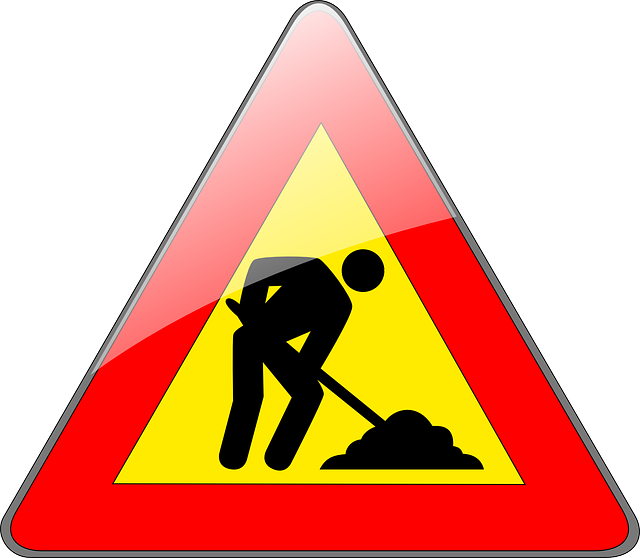Noncompliance in real estate with local, state, and federal regulations can lead to hefty fines, civil/criminal liabilities, and damage to reputation. Professionals must stay informed about changing laws, particularly in zoning, environmental protection, fair housing, and disclosure, to avoid these pitfalls and maintain ethical standards in the competitive market.
In the competitive world of real estate, noncompliance with regulations can lead to severe legal penalties. This article delves into the intricate legal implications, uncovering common pitfalls that often trap agents. We explore how misunderstandings and intentional omissions result in consequences, including fines and licensing issues. Additionally, we provide strategic insights to empower real estate professionals, offering proven methods to prevent and mitigate these penalties, ensuring a secure and compliant career path.
Understanding Legal Implications of Noncompliance in Real Estate

In the realm of real estate, noncompliance with legal requirements can have significant and lasting effects. When individuals or entities fail to adhere to regulations related to property ownership, transactions, or management, they risk facing severe legal penalties. These penalties range from fines to potential civil or criminal liabilities. For instance, failing to register a property correctly or neglecting to obtain necessary permits before construction can lead to substantial financial burdens and legal disputes.
Real estate professionals must stay informed about local, state, and federal laws to ensure compliance. Noncompliance may result in legal action against the involved parties, including developers, brokers, or even homeowners. Staying current on regulations related to zoning, environmental protection, fair housing practices, and disclosure requirements is crucial to avoid penalties and maintain a positive reputation in the industry.
Common Causes of Noncompliance Leading to Penalties

In the dynamic realm of real estate, noncompliance with regulations can lead to significant legal penalties. Common causes often stem from oversight, lack of awareness, or deliberate disregard for established rules and guidelines. For instance, failure to register properties accurately, adhere to zoning laws, or maintain proper documentation can trigger compliance issues. Real estate professionals must stay vigilant and informed to avoid these pitfalls, as the consequences can be costly and detrimental to their reputation.
Another frequent cause of noncompliance is the complex and ever-changing nature of real estate regulations. Keeping up with updated policies, especially those related to environmental protection, safety standards, and fair housing practices, is essential. Penalties may result from violations such as unauthorized construction, failure to disclose known property defects, or discriminatory practices in sales or rentals, underscoring the need for ongoing education and strict adherence to legal requirements.
Strategies to Prevent and Mitigate Legal Penalties for Real Estate Agents

Real estate agents, like any professionals, must navigate a strict regulatory environment to ensure compliance with various laws and regulations. Noncompliance can lead to severe legal penalties, including fines, licenses revocation, and even criminal charges. To prevent such repercussions, agents should employ robust strategies that foster adherence to ethical standards and legal requirements.
One effective approach is to stay well-informed about changing regulations by attending workshops, webinars, and industry conferences. Regularly updating knowledge ensures agents are aware of new rules and best practices. Additionally, implementing rigorous internal audits can help identify and address noncompliance issues early. Fostering a culture of compliance within the team through training programs and clear communication channels is also vital. Real estate agents should further maintain meticulous records and documentation to demonstrate due diligence in case of scrutiny.






